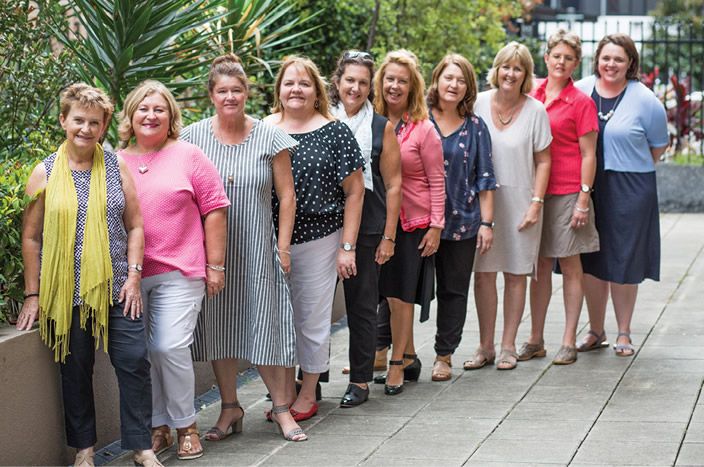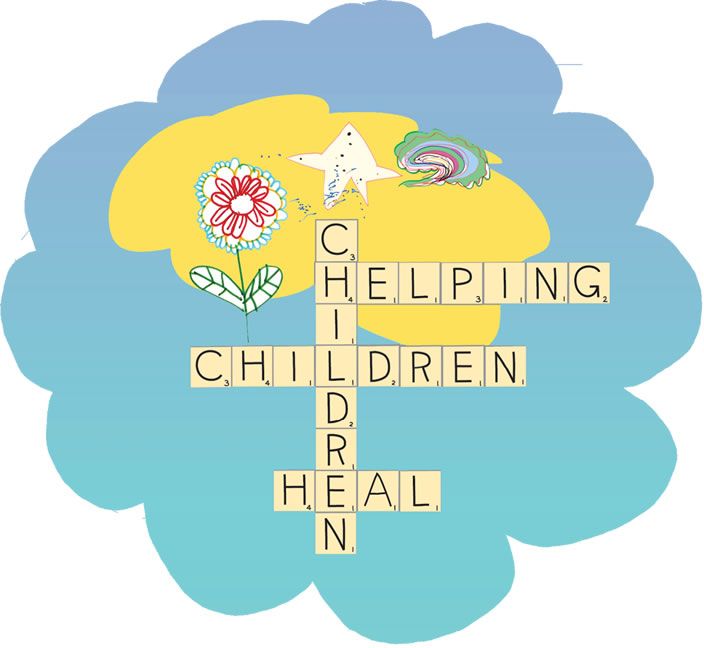Jobs for Families
The new Federal Government childcare fee assistance package begins on 2 July. The package will have winners and losers.
The Activity Test could reduce access to childcare for some of the most vulnerable families in the community. Children of families who are not working or studying eight hours per week and earning up to $66,958 will get 24 hours of subsidised care maximum per fortnight – this is half of the current 24 hours per week.
The package removes the rebate cap for families earning less than $186,958 and the cap is increased to $10,190 for families earning between $186,959 and $351, 248. This means that families earning over $186,958 benefit while children in families earning under $66,958 will be disadvantaged if their parents are not working or studying at least eight hours per week.
Changes to disability funding
A number of preschool directors have contacted the IEUA NSW/ACT Branch regarding changes to the Preschool Disability Support Program (PDSP). 2018 is the first year funding applications have been assessed by the NSW Department of Education and Communities (previous funding applications were processed by the Northcott Society).
Children not being classified as having high level support needs (Level 1) has led to a reduction in funding support as these children will at best be funded the equity amount of $6600 per year. On a more positive note, a number of preschool directors have informed the IEU that they received the full amount of funding for what children with high level support needs and that for some preschools this is significantly more funding than they received under either of the previous two preschool disability funding programs.
NSW accreditation update
NESA has advised that in order to maintain accreditation, teachers must provide them with a teacher declaration, attestation (by the Approved Provider if they are a Proficient Teacher) and a professional development report demonstrating the teacher has undertaken at least 100 hours of professional development (NESA registered + Teacher Identified) and the Teacher Accreditation Authority (TAA) will make a decision.
The Approved Provider advises the teacher of their processes for attestation (how they will know you are continuing to meet the standards, for example collegial discussions, the educational programs you develop and implement etc). NESA can audit documentation of these processes. The teacher makes their declaration that they have continued to meet the Standards during their maintenance period. The Approved Provider writes their attestation. The teacher also submits their professional development report to the TAA and the TAA makes the accreditation decision.
If the provider is unable to attest to the teacher meeting the Standards (that is the provider is not a Proficient Teacher), NESA as the TAA makes the attestation. In order for this to occur, the teacher must advise NESA they need NESA to attest for them. The teacher submits their professional development report in addition to a 300 word reflective statement on how they continued to meet the standards during the maintenance cycle.
The teacher must also provide NESA with details of two professional referees (who NESA will contact) in addition to the teacher’s declaration. Attestation will then be made by NESA following a satisfactory review of the information provided.
NESA said they are aware that some employers have requested to sight, or take a copy of, a teacher’s accreditation card each year. NESA recommends that teachers log in to ETAMS and provide their employer with a teacher accreditation summary report, rather than a copy of their card.




































































































































